Groundwater Remediation: Advanced Treatment and Technology for a Sustainable Future
Introduction
Groundwater Remediation is one of the most crucial processes in modern environmental management. With increasing urbanization, industrial activity, and agricultural expansion, groundwater contamination has emerged as a serious challenge worldwide. To combat this, industries and environmental experts now rely on advanced ground water treatment and technology to clean, restore, and protect this hidden but vital water source.
At The Ground Water Company (GWC), we specialize in a full range of groundwater remediation methods from chemical and biological treatments to advanced groundwater treatment systems that remove pollutants, restore aquifers, and safeguard ecosystems. Our expertise in environmental engineering water wastewater soil and groundwater treatment and remediation ensures that each project meets the highest scientific and regulatory standards.
Groundwater Remediation
Groundwater Remediation refers to the process of removing or neutralizing contaminants in subsurface water to restore it to safe and usable conditions. These contaminants may include heavy metals, hydrocarbons, pesticides, and industrial chemicals that infiltrate aquifers through leaching, spills, or improper waste disposal.
Modern ground water treatment & technology uses a combination of physical, chemical, and biological methods to treat polluted groundwater and prevent further spread of contamination.
Groundwater Treatment Process
- Site Investigation and Hydrogeological Survey
- Mapping groundwater flow and contamination spread using borehole logging and soil sampling.
- Assessing pollutant type, depth, and concentration.
- Risk Assessment and Feasibility Study
- Evaluating human health and ecological risks.
- Designing site-specific groundwater treatment methods based on hydrogeological data.
- Treatment Design and Implementation
- Deploying groundwater treatment systems like pump-and-treat, bioremediation, or reactive barriers.
- Integrating monitoring wells to track cleanup progress.
- Monitoring and Validation
- Testing post-treatment samples to ensure pollutant levels meet safety standards.
- Maintaining long-term groundwater quality assurance.
Groundwater Remediation Methods
Different contamination scenarios require different technologies. The most effective groundwater remediation methods include:
1. Pump and Treat Systems
Water is pumped from contaminated zones, treated above ground using filters, carbon adsorption, or reverse osmosis, and then safely discharged or reinjected.
2. In-Situ Bioremediation
Beneficial microorganisms are introduced underground to naturally degrade organic contaminants like hydrocarbons and solvents an eco-friendly and cost-effective solution.
3. Chemical Oxidation and Reduction
Chemical agents such as ozone, hydrogen peroxide, or zero-valent iron are injected into contaminated aquifers to neutralize toxins.
4. Permeable Reactive Barriers (PRBs)
These subsurface filters trap and break down pollutants as groundwater flows through them, offering long-term passive cleanup.
5. Phytoremediation
Plants and their root systems absorb or stabilize pollutants near the surface, combining nature’s efficiency with groundwater treatment and technology.
6. Air Sparging and Soil Vapor Extraction
Air is pumped into saturated zones to volatilize contaminants, which are then captured by extraction systems ideal for treating volatile organic compounds.
Innovations in Ground Water Treatment & Technology
The field of groundwater treatment and technology continues to evolve with modern innovations such as:
- Nanoremediation: Nanoparticles that break down toxic chemicals at a molecular level.
- Electrokinetic Remediation: Electric currents used to move and capture dissolved contaminants.
- AI-based Monitoring Systems: Real-time sensors that predict contamination movement and optimize the groundwater treatment process.
- Hybrid Systems: Integrating biological, chemical, and physical methods for maximum efficiency.
These breakthroughs make groundwater pollution and remediation faster, cleaner, and more sustainable than ever before.
Benefits of Groundwater Remediation
- Restores Safe Water Supply: Ensures availability of clean drinking water for communities and industries.
- Protects Ecosystems: Prevents contamination of rivers, wetlands, and agricultural lands.
- Supports Public Health: Reduces exposure to harmful chemicals and heavy metals.
- Enhances Land Value: Makes polluted or abandoned industrial lands reusable.
- Promotes Sustainability: Aligns with national and global climate and water security goals.
Challenges in Groundwater Remediation
Despite technological advancements, groundwater cleanup remains complex. Challenges include:
- Deep Widespread Contamination: Requiring long-term, multi-stage treatment.
- High Operational Costs: For advanced groundwater treatment systems and equipment.
- Limited Awareness: About groundwater contamination risks and available remediation methods.
- Geological Variability: Different soil and rock structures affect treatment efficiency.
At GWC, we address these issues through innovative engineering, data-driven decisions, and sustainable remediation planning.
Conclusion
Groundwater Remediation is no longer an option it’s a necessity for a sustainable future. Contaminated aquifers endanger lives, agriculture, and ecosystems, but modern groundwater treatment methods and advanced groundwater treatment and technology now make it possible to restore these vital resources safely and efficiently.
At The Ground Water Company (GWC), we combine environmental engineering water wastewater soil and groundwater treatment and remediation with decades of field expertise to deliver clean, reliable groundwater solutions. From groundwater treatment process design to long-term monitoring, our mission is to heal the earth from below ensuring that every drop counts for generations to come.


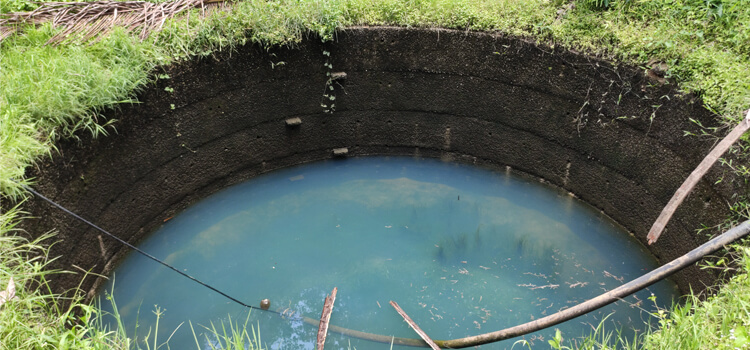
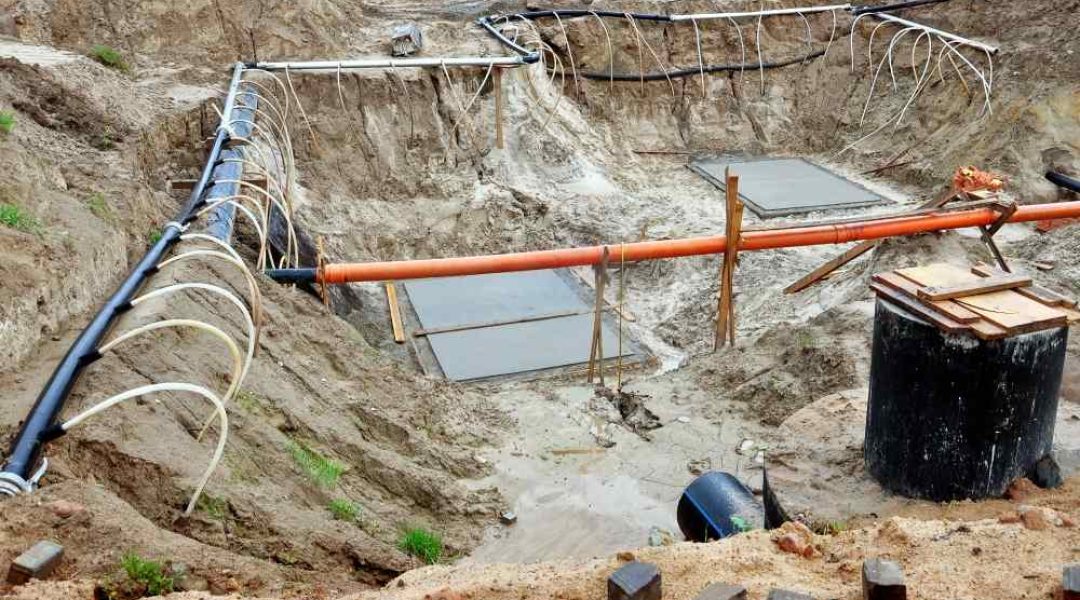
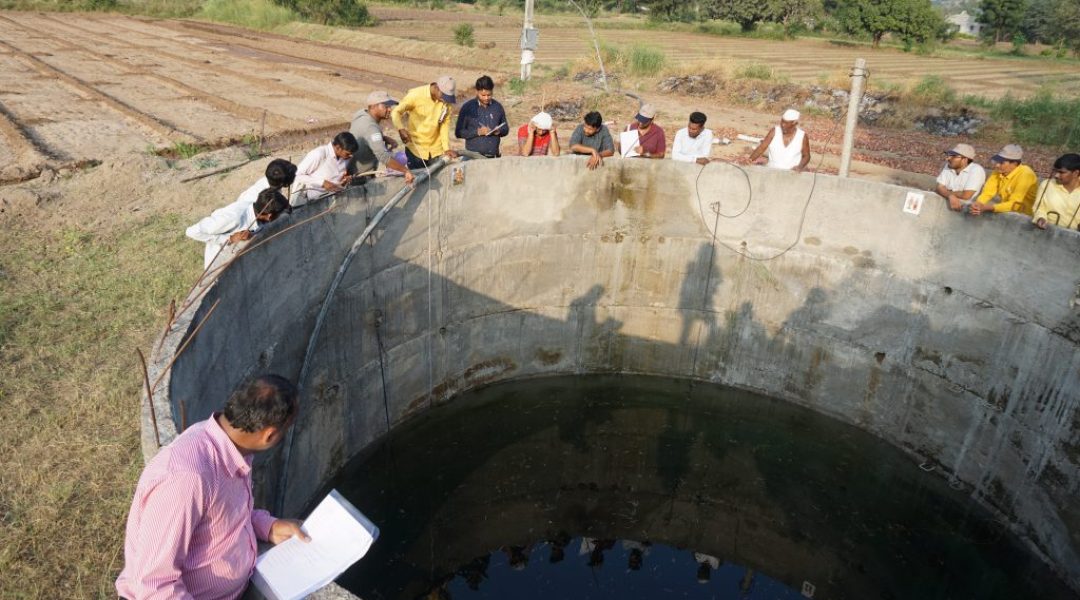
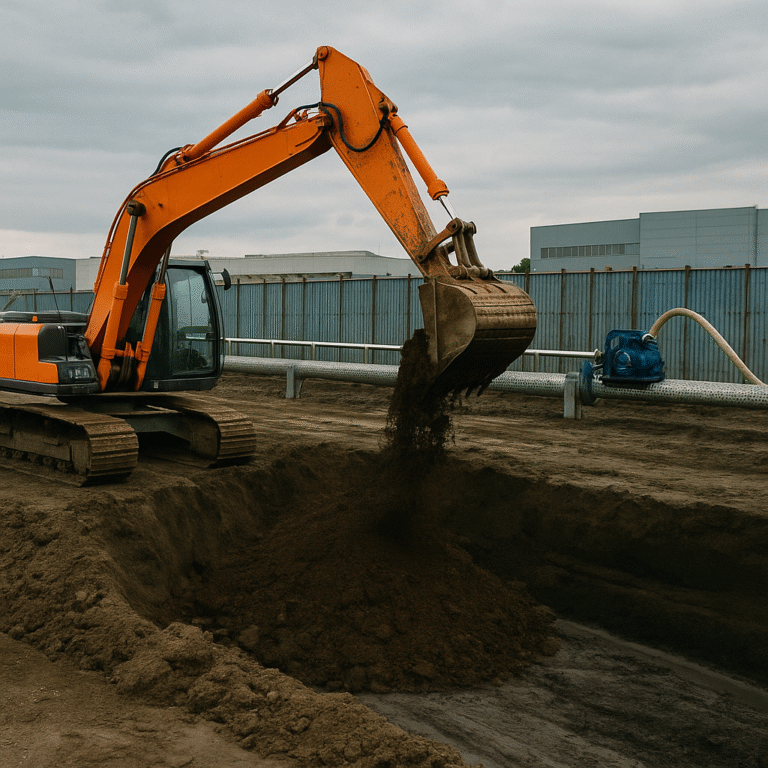

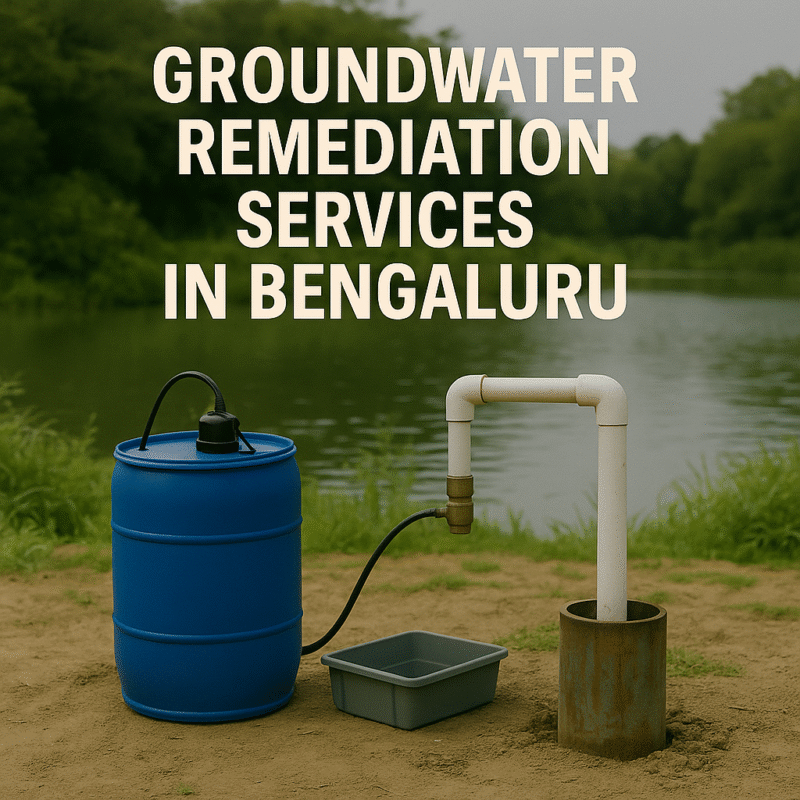
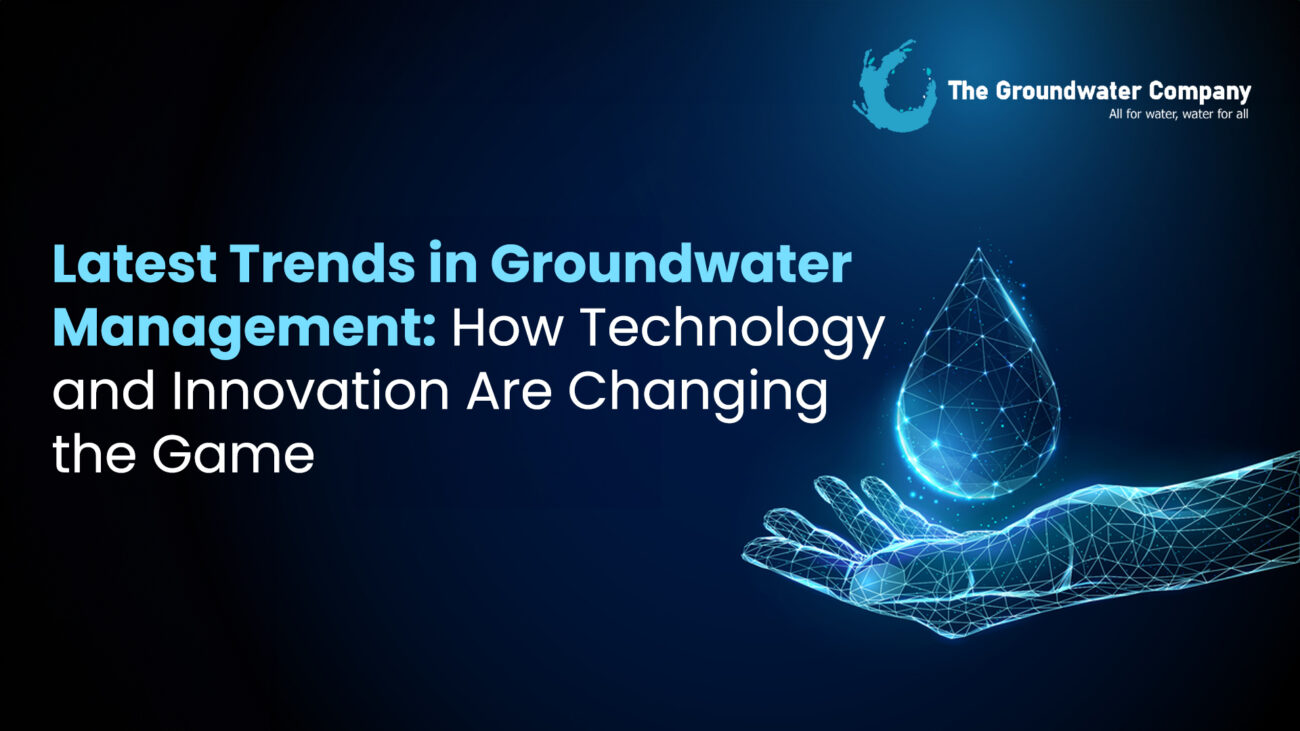
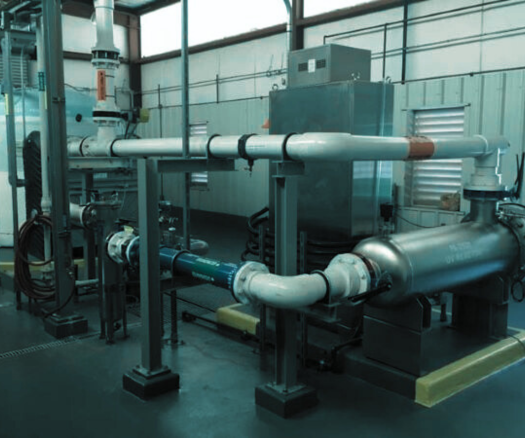

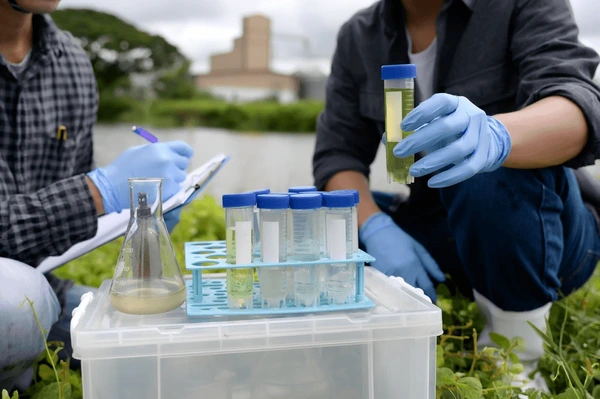

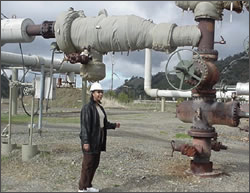
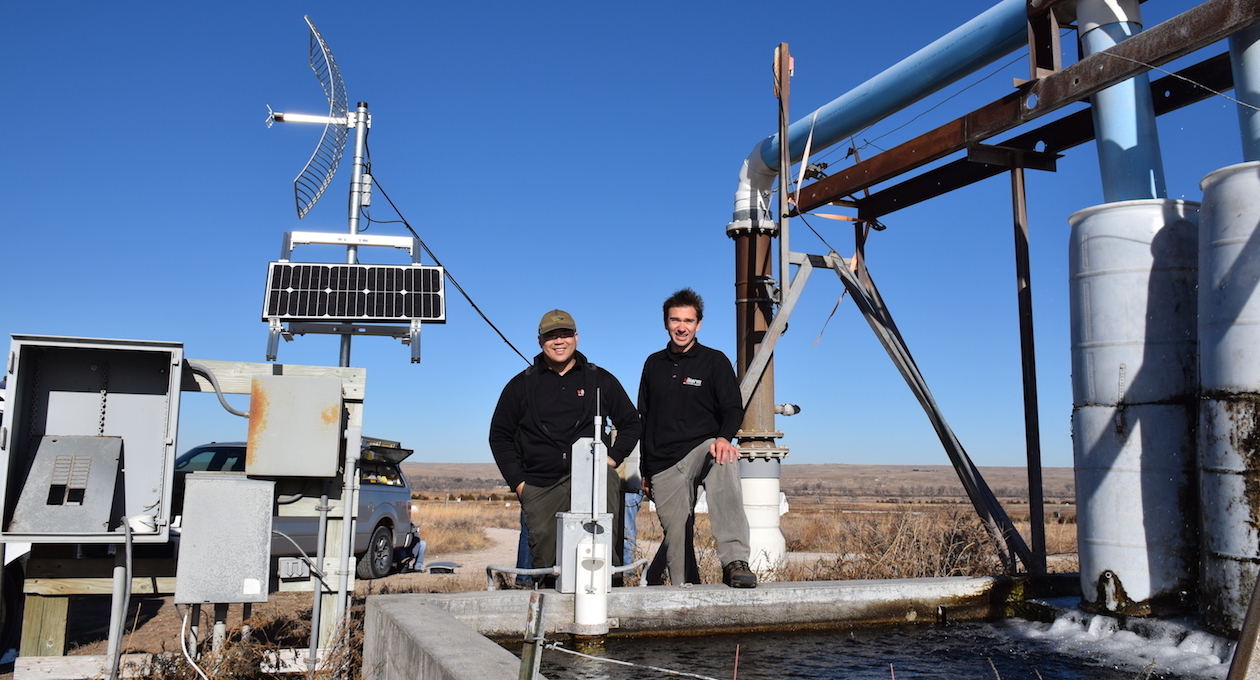
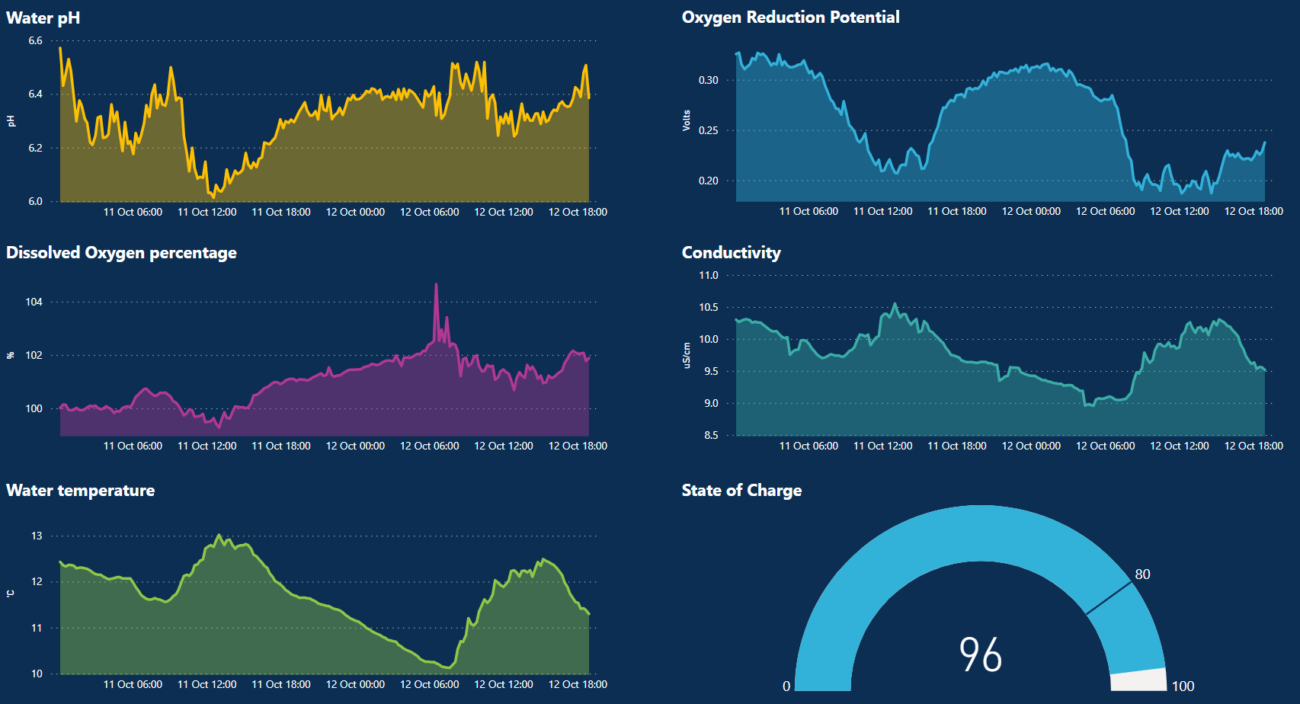


2 thoughts on “Groundwater Remediation”